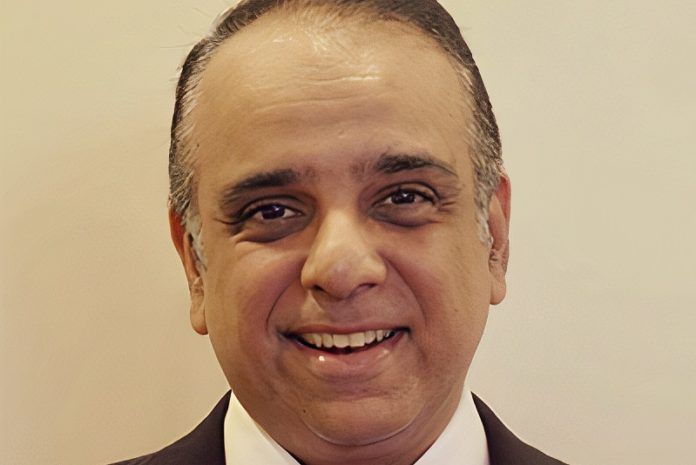The COVID-19 pandemic showed us the value of disaster preparedness, the paramount importance of business continuity plans, and the power of organisational nimbleness to steer teams out of uncertainty.
It truly has been the biggest stress test of leadership. And perhaps more so now than ever before, conversations play a really big role in leading teams through periods of change.
In a time of unpredictability, what is the thread that binds decisions to outcomes? This is where data provides the why and the how.
Data drives better conversations
According to a recent YouGov survey, business leaders in the region (Singapore, Australia, Japan) unexpectedly reported that changes associated with the pandemic had actually improved business conversations. The positive changes experienced by these leaders all bore a common denominator: the use of data.
Singaporean leaders noticed a flattening of workplace hierarchies. In Japan, younger leaders adapted better to change than their older counterparts. Australian leaders adopted a more egalitarian approach to leadership.
In fact, leaders in the region were almost two times more likely than their counterparts elsewhere in the world to use data to improve workplace decision making and communication. For instance, local leaders in Singapore (52%) and Australia (54%) had increased their data use, compared to just 29% in markets such as the United Kingdom. By the same token, those who increased their data use were more than twice as likely to report these positive changes, compared to those that hadn’t.
What the transformative power of data looks like
Organisations are already sitting on a treasure trove of data; what matters is how they tap on it as a strategic asset to persuade, inform, and drive outcomes.
Take Southeast Asia’s latest unicorn, Carro, for instance. Not only did the online car marketplace keep their business afloat during the pandemic, but they even managed to hit unicorn status and raise SG$360 million in Series C funding amid an economic downturn.
Credit goes to Carro’s leaders, who value the ability to curate, explore, and share data with teams across the region. Carro uses data across all aspects of its business: to level the playing field for employees, remove bias during brainstorms, and improve accountability and transparency during performance reviews.
Meanwhile, at retailer Levi Strauss & Co., data enabled the personalisation of customer journeys and helped the business anticipate market and inventory changes.
Therein lies the transformative power of data: When it is at the centre of all conversations, everyone in the team can come together as equals, and make decisions based on fact and not gut feel.
The importance of leaders in building data cultures
The truth is that not every leader is as tuned in to working with data. Many leaders are still ‘works in progress’ as they navigate their way in a data-driven world.
Although they might recognise the importance of data insights in decision-making, business leaders may not be deliberate and purposeful in weaving data into the fabric of their organisational cultures.
There is a strong correlation between leaders who personally use data on a weekly basis at minimum and overall business adoption; however, only 16% of these leaders use analytics daily and just 19% of these businesses empower everyone with data. The frequency and scale of data use is not there.
This is where data-driven leadership comes in. Employees need to see their executives making decisions with data, before they can start to prioritise this across the wider business. At the end of the day, it’s not data that makes the decisions, it’s people who make decisions based on data.
At Phoon Huat, one of Singapore’s food suppliers, data is front and centre across conversations. The leadership team has been deliberate about instilling a digital-first mindset in all their employees, as well as equipping them with the data skills they need to dig deep into a situation and question findings. This proved pivotal during a time of inflection for the business, when Phoon Huat decided to expand their brick-and-mortar presence online during the pandemic.
Where do we go from here?
Clearly, business leaders feel data in business conversations is important, but very few have well established data cultures in place at their organisations. When looking to create a data culture, business leaders need to consider three important areas as a starting point:
- Make a commitment to lead by example.
- Shift mindsets about how people think and behave around data.
- Develop skills by hiring and training employees to use data instinctively.
Data is its own universal language that underpins conversations. While effects of the pandemic are still lingering, it is an opportune time for leaders to examine their own leadership style and how they can use discussions, and data, to lead their organisations into the future.
















